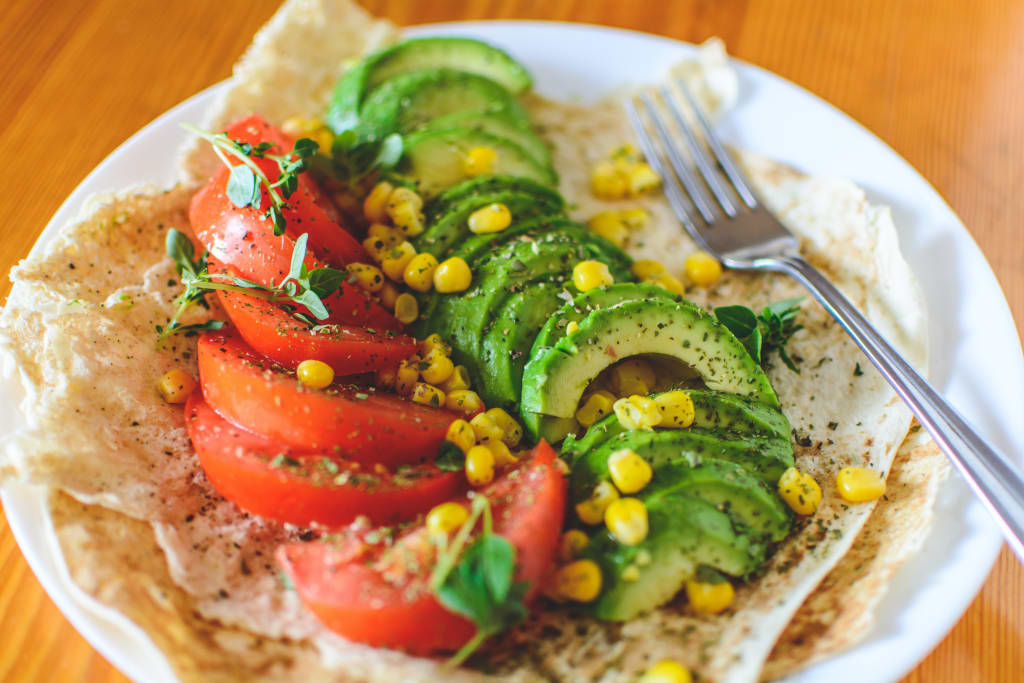How a vegan diet affects your brain?
If you're considering adopting a vegan lifestyle, you're not alone.

A recent poll revealed that the number of vegans in Britain increased fourfold between 2014 and 2016, rising from 150,000 to 600,000. The good news for vegans is that there are several known health benefits associated with this diet. For instance, vegans typically have lower cholesterol and blood pressure compared to omnivores, which reduces the risk of heart disease. However, it is crucial to consider the impact of a vegan diet on brain health. While animal foods are often viewed as a source of protein and iron, they also provide essential nutrients predominantly or exclusively found in these products.
One such nutrient is vitamin B12, which is primarily present in fish, meat, poultry, eggs, and dairy. Vitamin B12 deficiencies can have profound effects on the brain, with brain scans showing visible marks as a result. Disturbingly, there have been numerous cases of babies as young as two weeks old being hospitalized due to B12 deficiency after being exclusively breastfed by strict vegetarian or vegan mothers. Surveys suggest that 38% of UK vegans are females aged 16 to 44, making it crucial for vegans and vegetarians, particularly those planning to become pregnant, to be aware of the need for B12 supplementation. If you follow a strict vegan diet, it's important to be mindful of low-level symptoms of B12 deficiency, such as headaches, fatigue, poor concentration, brain fog, low mood, and depression. Although vegans have a lower risk of heart disease, they have a higher risk of the most common type of stroke compared to meat eaters. This increased risk is thought to be partly due to low B12 levels. Another brain-healthy nutrient, choline, is abundantly found in animal foods such as liver, egg yolks, beef, and oily fish. Choline is necessary for the production of a neurotransmitter called acetylcholine, which plays a vital role in learning, memory, attention, motivation, and healthy sleep. Since plant foods contain significantly less choline, vegans are at risk of choline insufficiency. However, betaine, found in whole grains, spinach, and beetroot, may partially compensate for this.
Further research is needed to fully understand the potential role of betaine. In the meantime, lecithin, a plant-based source of choline, can be taken as a supplement. According to the World Health Organization, iodine deficiency is the most significant preventable cause of brain damage worldwide. Insufficient iodine intake is associated with intellectual and cognitive deficits. Iodine is naturally rich in seaweed, fish, and seafood, and it is also added to animal feed. As a result, omnivores typically meet or exceed the recommended iodine intake, while vegetarians have moderate to low amounts, and vegans only reach around 20 to 30 percent of the recommended intake.
Lastly, omega-3 fats, which are crucial for brain cell development, mood regulation, cell signaling, and reducing inflammation, are often lacking in everyone's diets, not just vegans. Oily fish is a primary source of omega-3 fats, but for vegans, algae-based omega-3 supplements may be a helpful alternative. In conclusion, a well-planned vegan diet can be not only delicious and nutritious but also environmentally friendly. However, it is essential to consult with a qualified nutritionist before eliminating any food groups from your regular diet. This will help ensure that you are aware of and can address any potential nutrient deficiencies. Why a vegan diet is sometimes linked to a higher risk of depression. Some studies report that people eating a vegetarian or vegan diet may have an increased risk of depression and other mental illnesses. When it comes to your mood, more than 50 studies conducted in various countries suggest that what a person eats may influence how likely they are to experience depression.
About the Creator
Sarah Habarneh
I am here to let you know about the latest books, so you can choose the best for you to read!






Comments
There are no comments for this story
Be the first to respond and start the conversation.